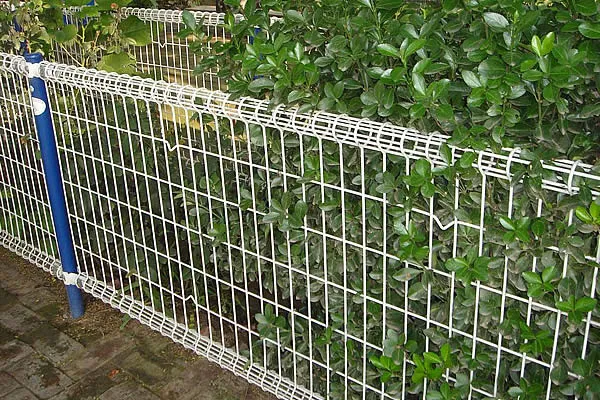 TEL:
+86-13102802206
TEL:
+86-13102802206
 Email:
fencenetting@china.com
Email:
fencenetting@china.com
 Language
Language
 TEL:
+86-13102802206
TEL:
+86-13102802206
 Email:
fencenetting@china.com
Email:
fencenetting@china.com
 Language
Language


The Cost of Gabion Baskets A Comprehensive Overview
Gabion baskets have gained immense popularity in recent years due to their versatility and effectiveness in various applications, such as erosion control, landscaping, and construction. These woven wire mesh containers filled with natural stones offer both structural integrity and aesthetic appeal. However, before investing in gabion baskets, it’s essential to understand their costs and the factors that influence them.
Understanding Gabion Baskets
Gabion baskets are typically made from high-quality, durable wire mesh, often galvanized or coated to prevent rust and corrosion. They come in different sizes and shapes, making them suitable for numerous purposes, from retaining walls and sound barriers to decorative elements in gardens. The filling material, usually natural stones, can significantly impact the overall cost.
Factors Influencing Gabion Basket Costs
1. Material Quality The cost of gabion baskets largely depends on the quality of the wire mesh. Galvanized mesh tends to be more expensive than PVC-coated mesh due to its superior resistance to corrosion and durability. Higher-quality materials will often lead to a longer lifespan, thus providing better value in the long run.
2. Size and Design Gabion baskets can vary widely in size and design, which directly correlates with price. Standard sizes (like 1x1x1 meters) might be more economical due to lower manufacturing costs. Custom designs or larger volumes will naturally incur higher expenses.
3. Filling Material The type of material used to fill the baskets also influences costs. While using locally sourced gravel or stone can be economical, selecting decorative stones or boulders can escalate the price significantly. Additionally, transportation costs for filling materials can add to the total expense.

4. Labor Costs If you’re considering a DIY project, you may save on labor costs. However, hiring professionals to build and install gabion structures can be an added expense. The complexity of the installation, site conditions, and local labor rates are crucial aspects to consider.
5. Transportation and Delivery The cost of transporting gabion baskets and filling materials from suppliers to the project site can vary. Closer proximity to suppliers can reduce shipping costs, making the project more economical.
Average Cost Estimation
On average, gabion basket costs range from $25 to $50 per basket, depending on size and quality. For larger projects requiring hundreds of baskets, costs can quickly accumulate. Additionally, prices for filling materials may range from $30 to $100 per tonne, contingent upon the type of stone used and local availability.
Considering all these factors, a rough estimate for installing gabion baskets, including materials and labor, can fall anywhere between $45 to $150 per square foot, depending on the complexity of the design and location.
Conclusion
Gabion baskets present an effective solution for various construction and landscaping needs, combining functionality and aesthetics. Understanding the associated costs is crucial for budgeting and planning purposes. By considering factors such as material quality, size, filling materials, labor, and transportation, one can make informed decisions and ensure that their investment in gabion baskets is worthwhile. Whether you're building a decorative garden wall or a functional erosion control structure, knowing the costs will help you achieve your desired results without breaking the bank.